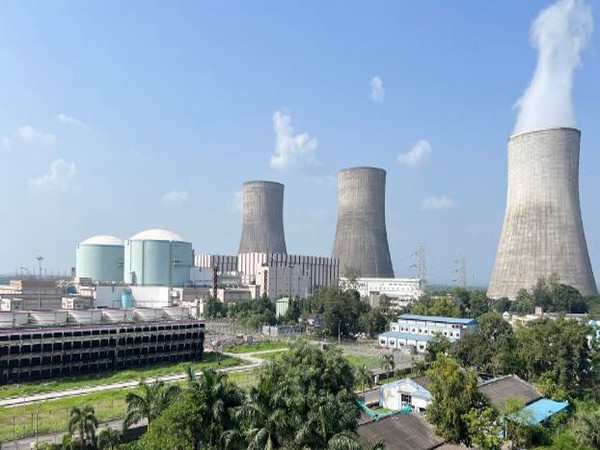As India plans to increase its power capacity, a report by Aequitas Investments highlights that there are concerns about overinvestment, as the sector may be repeating the mistakes of the past.
The report noted that the aggressive bidding without firm power purchase agreements (PPAs) and the reliance on expensive imported coal could lead to financial unsustainability, reminiscent of the 2008 crisis.
“Almost all capacity additions undertaken by private sector power producers from FY 2010 onwards have faced significant cost overruns, which were close to 70-80 per cent of the originally appraised project cost. This happened due to time delays exceeding three years,” it said.
The report added that “substantial borrowing by all segments has underpinned the dramatic expansion of the power sector.”
According to the report the Indian power sector is on the brink of a significant evolution, driven by plans to nearly double its power capacity to about 900 GW by 2030, a whopping 12 per cent compound annual growth rate (CAGR), however the outlook is not without its challenges.
The report added that the power sector has witnessed a significant reduction in peak power deficit, dropping from 4.2 per cent in 2014 to just 0.7 per cent in 2017, and now nearing surplus.
The report said “India plans to nearly double its power capacity to about 900 GW by 2030, a whopping 12 per cent CAGR, whereas, power demand historically has grown at 6-7 per cent which might lead to demand-supply mismatch.”
It also highlighted that with a growing middle class and a government focus on universal electricity access, the primary energy demand is projected to double by 2045. In FY’24 alone, a record 69+ GW of renewable energy tenders have been issued, signaling a robust push towards renewable energy sources.
The report added that the major players in the sector, such as Tata Power, are set to invest Rs 60,000 crore over the next three years, while NTPC Green Energy and Waaree Energies are launching major IPOs, raising over Rs 13,000 crore to fuel their renewable energy expansion.
The banks and financial institutions are also expected to invest Rs 32.5 trillion in renewable energy by 2030, further solidifying the sector’s growth trajectory.
However, the report noted that the outlook is not without its challenges as seen in history. The power sector has witnessed a significant reduction in peak power deficit and now nearing surplus.
As India aims to nearly double its power capacity by 2030, the potential for a demand-supply mismatch looms large.
While the sector is poised for growth, stakeholders must navigate these challenges carefully to avoid a repeat of history, ensuring a stable and sustainable energy future for the nation.
(With inputs from ANI)













